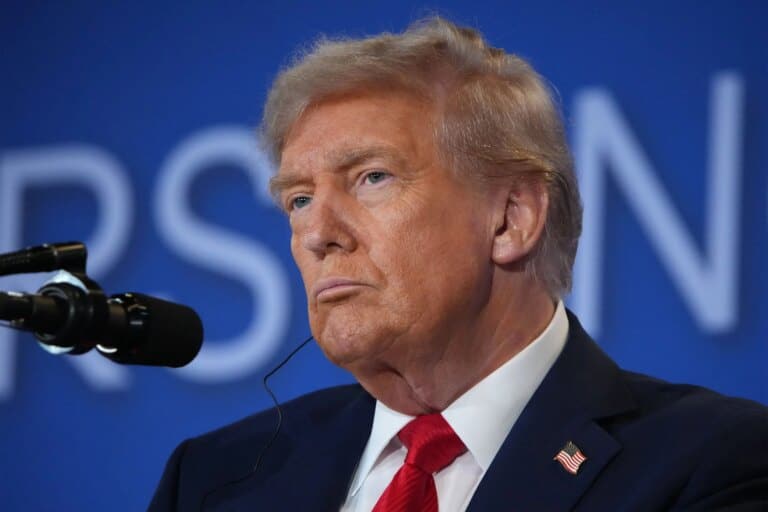[adrotate group="2"]
Lina Khan has expressed concerns about “catastrophic consequences” for the United States if Donald Trump’s antitrust regulators do not closely examine private equity firms that are increasingly acquiring significant portions of the US economy. The recently resigned chair of the Federal Trade Commission emphasized to a news outlet that these private equity groups pose a potential risk to the nation’s healthcare system.
Khan stated, “Given the stakes of our healthcare markets, it’s extraordinarily important that we remain vigilant here.” She cautioned that if regulators choose to overlook these issues, it could lead to severe repercussions for the American populace.
Her departure has been welcomed by Wall Street, as Khan was a member of a progressive wave of officials appointed under President Joe Biden, known for enforcing stricter antitrust regulations against both Big Tech and private equity. Following her resignation as FTC chair, Khan warned against returning to what she perceives as a history of lax antitrust enforcement that allowed businesses to expand unchecked for many years.
Khan raised the alarm about the influence of powerful monopolies, suggesting that there is a looming question in democracy regarding whether these firms could corrupt the political landscape and impede legitimate law enforcement efforts.
Her remarks resonate with a broader concern expressed by President Biden in a recent farewell address, where he warned of an “oligarchy” forming in the United States that may threaten democratic ideals. He criticized the emergence of a “tech industrial complex” for its dangerous accumulation of wealth and power.
In the realm of technology, key corporate leaders have shown close ties to the administration, with executives from notable companies attending significant political events and contributing to fundraising initiatives. This has drawn scrutiny as some of these firms face upcoming antitrust trials.
Khan’s agenda prominently featured Big Tech, with investigations into major players such as Microsoft’s cloud services and the partnerships between cloud providers and generative AI firms. Her focus in private equity has included examining “roll-ups” in the healthcare sector, where multiple businesses in the same industry are purchased and merged, and “strip and flip” strategies, where acquired assets are sold off, often leaving companies in a weakened state.
She noted receiving substantial feedback from healthcare professionals about concerns related to private equity roll-ups that were leading to poorer quality care and increased costs. “These are just market realities that are not going away,” Khan asserted.
Before her resignation, the FTC reached a settlement with a private equity group limiting its future involvement with a business that had acquired numerous anesthesiology practices in Texas. The FTC had alleged that these acquisitions were intended to inflate prices and stifle competition.
The agreement, which included no admission of wrongdoing or financial penalties, followed the FTC’s threat to pursue further action against claims previously dismissed by a federal court. Khan had also required another private equity firm to divest from veterinary clinics as part of proposed acquisitions that could have resulted in monopolistic scenarios.
However, not all cases initiated under Khan’s leadership have been concluded, and the upcoming administration can choose to reassess or lessen the challenges she pursued. The former chair noted that companies involved in FTC proceedings appeared to be negotiating for more favorable terms under the new administration, commenting on the visible competition for advantageous outcomes.
photo credit: www.ft.com
[adrotate group="2"]





